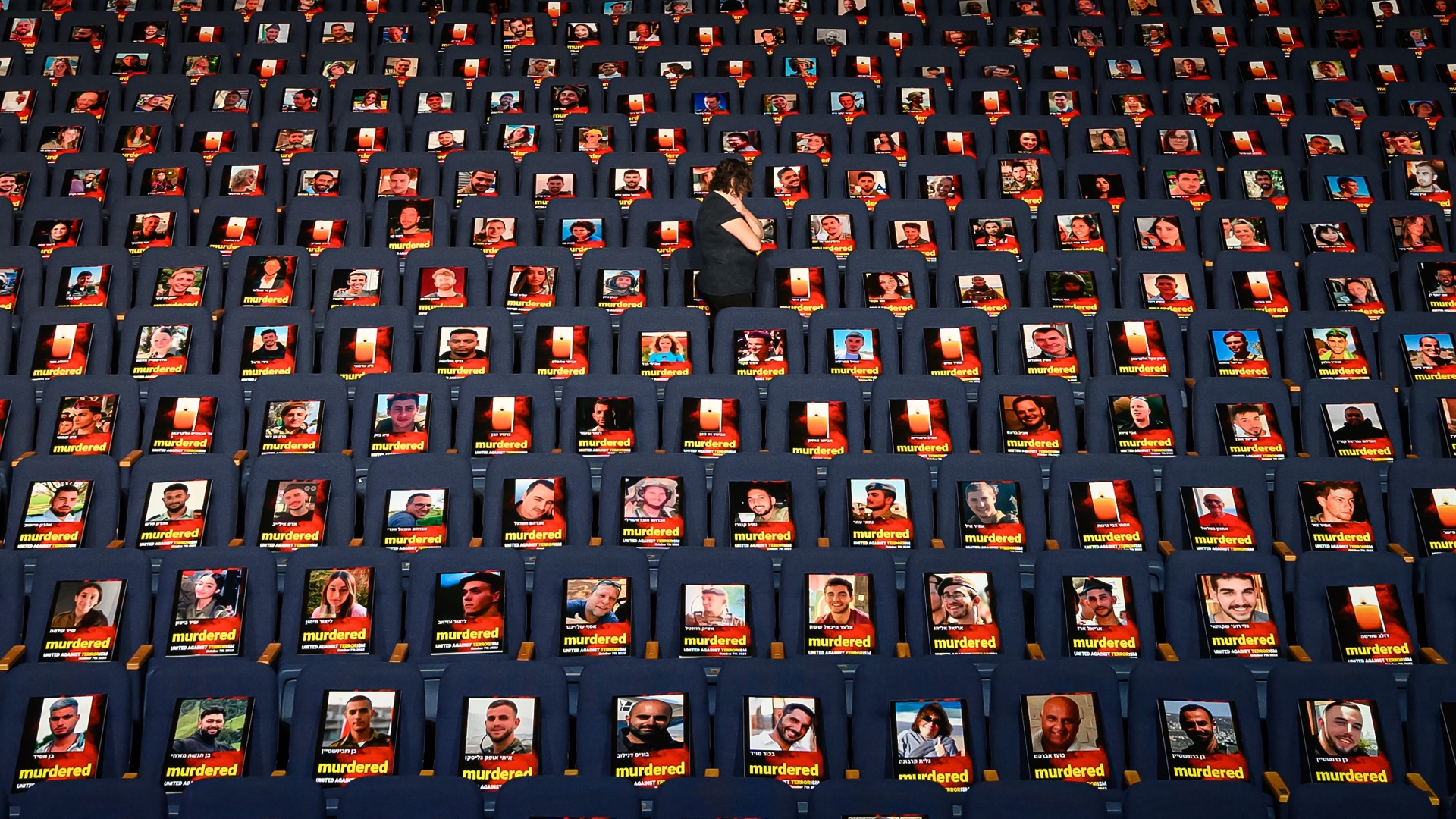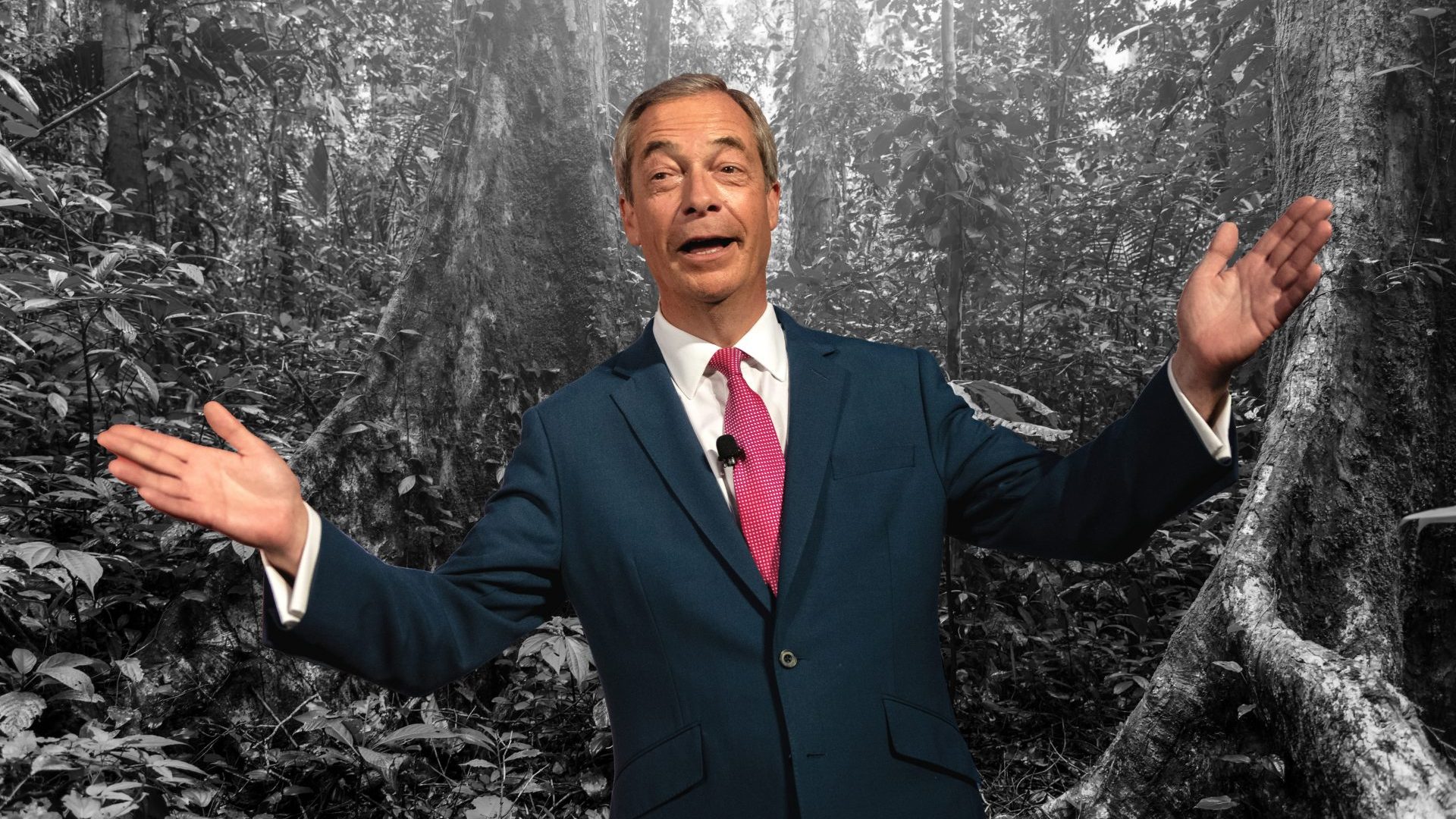In the weeks since Hamas militants infiltrated Israel on October 7, and murdered over 1,400 people, Europe and the wider world have become much more dangerous places. Governments across the west have warned of an intensified threat of terrorist attacks, as well as a rise in antisemitism and Islamophobia. Jihadists, and their benefactors, have been emboldened, as they were by the Taliban’s victory in Afghanistan two years ago, to believe that violence is the path to power.
Security experts said that extremists are taking inspiration from the audacity of Hamas’s attacks. As competition for money and other resources intensifies, militant groups will seek to prove themselves worth supporting – and the best way to build their brands for potential funders is through action. According to security experts, recent incidents are the beginning of an upsurge in terrorism worldwide.
Ken McCallum, the director of MI5, said surveillance of known Islamists had been stepped up, and the Times reported him as warning that “Islamist radicals as well as antisemites and neo-Nazis pose a threat to the Jewish community in the wake of the ‘monstrous attacks’ by Hamas”.
FBI director Christopher Wray went further, telling the US Senate committee on homeland security and governmental affairs that the attack threat had been pushed to new peaks. “We assess that the actions of Hamas and its allies will serve as an inspiration the likes of which we haven’t seen since Islamic State launched its so-called caliphate years ago,” he said.
Terrorist groups are escalating their activity. Veryan Khan, of the Terrorism Research and Analysis Consortium, said: “Every jihadist group is trying to leverage the Hamas situation.”
Affiliates of al-Qaida and IS appear to be dominating the online space, encouraging “lone wolf” attacks while issuing threats. At least 14 airports in France received bomb threats, with eight evacuated, on October 19; the threats were later linked to a group affiliated with al-Qaida that had also sent threats to emergency facilities in Berlin, Paris, Rome and Madrid.
France went on high alert following the killing of a teacher by an alleged Islamist, who also stabbed two other people. In Belgium, IS claimed responsibility after three Swedish tourists were shot, two of them fatally, by a known Islamist. IS recruiters and plotters have reportedly been arrested in Germany, and authorities in Spain have stepped up surveillance of hundreds of known Islamist radicals.
Social media platforms have become vectors for propaganda and lies that are almost impossible to discern from fact, widening social divisions. Marches in support of the Palestinian cause show the depth of sympathy for innocents, but they are spreading fear among Jewish communities. Calls for a ceasefire in Gaza have all but drowned out demands for the release of hostages still held by Hamas.
Support for one side or the other is being conflated with views on war and peace, right and wrong, left and right. The victims, no matter from which side, are “othered” and the deaths of children become ammunition in a never-ending dialogue de sourds.
“There are such strong narratives here because they also serve political aims,” said Yossi Mekelberg, associate fellow with the Middle East and North Africa program at London’s Chatham House think tank. “People don’t want to listen to different views as that would mean they might have to contemplate what you say. Putting you in a box enables me to resist everything you stand for.
“In a complex environment, people oversimplify. Listening might force people to change their ideas, ideas that are often pre-conceived. But ideas are not all right, or all wrong, and this is missed because people are so entrenched in the narrative. This leads to a point when people lose their judgement,” Mekelberg told the New European, referring to the hate speech and other violent incidents since October 7, including the death of a Jewish man during an altercation between rival groups of protesters in Los Angeles on November 6.
Cutting through the nuance, Avi Shlaim, an Israeli-British academic, explained the difference at a conference hosted by the International Centre of Justice for Palestinians. Antisemitism, he said, is hatred of Jews because they are Jews. Anti-Zionism is “opposition either to the Zionist ideology, the official ideology of the state of Israel, or more commonly, it is criticism of specific policies of the Israeli government, particularly policies towards the Palestinians, policies of the occupation.” Antisemitism, he said, is “very ugly” and unacceptable. The government of Israel, and its “very powerful friends” conflated the two, so that criticism of policy is framed as antisemitic.
Britain’s Chief Rabbi Sir Ephraim Mirvis noted that the conflation isn’t as simple as Jewishness and Zionism. Hamas, a sanctioned terrorist organisation banned in Britain, the United States, Australia, the European Union and Japan, has come to represent Palestine. In the Times, Mirvis claimed that extremists were using pro-Palestine marches to push a pro-Hamas agenda in what he called “a stain on our common humanity.”
Referring to the vile ideology of Hamas, not only anti-Jew and anti-Israel, but, like al-Qaida and the Taliban, opposed to equalities that most people living in liberal democracies take for granted – women are sequestered and gay people face death – he wrote: “So many seem to have lost sight of the moral distance between Hamas and Israel. The world feels different because at the very moment when it should be clearer than ever what is meant by Hamas’s ‘resistance,’ ‘jihad,’ ‘uprising,’ or ‘intifada’, more and more people are now openly calling for these things in cities across Britain and the world.
“This is hateful extremism. We must have the moral courage to call it by its name and to face it down.”
The fierce fighting and humanitarian suffering in Gaza have galvanised the world since Hamas – which has controlled the tiny, crowded strip since winning the first and so far only election there in 2006 – attacked Israel. Israeli military retaliation has killed and injured many thousands of Palestinian people as food, water, fuel and medicines in Gaza run low.
The Israeli government, in an effort to regain control over the narrative, has released a compilation of footage of the October 7 atrocity, taken from cameras, cell phones, Go-Pros and the like. The 45-minute film has been shown to journalists as evidence of the unspeakable brutality of what happened. David Remnick, the editor of the New Yorker, described what he saw as a “genuine” depiction of a “methodical pogrom.”
As emotions run high, and media coverage plumbs new lows, Jews in Europe have expressed fears for their safety, their very Jewishness taken as tacit support for the actions of the Israeli political and military establishment against Hamas – the coalescing of antisemitism and anti-Zionism.
The Times of Israel reported celebrations by pro-Palestine groups in Britain, Germany and France. Security at synagogues, Jewish schools, shops and businesses, and other institutions in a number of European cities has been increased following a rise in antisemitic incidents since the Hamas attacks, the newspaper said. It quoted Jewish community leaders across the continent expressing fears for the security of Jews who were being made to “feel unwelcome and threatened where they live,” as Daniel Sugarman, director of public affairs for the Board of Deputies of British Jews, said in a post on X/Twitter.
Few people who join in chanting “From the river to the sea” appear to understand it, as Jews do, as a call for the eradication of the state of Israel. “Do they really think that it will stop there?” asked a Jewish Londoner. Many Jews say they are limiting their movements, and are no longer wearing jewellery or clothing signifying their identity for fear of drawing attention, as reports of harassment and confrontation rise.
“It presses buttons that Jewish people have anyway,” Mekelberg said. “Sometimes we overreact because we are traumatised as a nation, because of history. But what we see now is real. People shouldn’t be afraid.”
While the majority of arrests in London last Saturday were of far-right counterprotesters emboldened by Suella Braverman’s labelling of pro-Palestine demonstrations as “hate marches”, the main march did feature hateful imagery including placards comparing Benjamin Netanyahu to Adolf Hitler and Gaza to Auschwitz, along with graphics showing the Star of David entwined with a swastika and a snake in the colours of the Israeli flag wrapping itself around the globe.
In an effort to curtail divisions, French president Emmanuel Macron in mid-October banned pro-Palestinian marches, and police used tear gas and water cannons to break up at least one Paris rally.
In Germany (where recent history is amplified by a Jewish population of less than 120,000, compared to more than five million Muslims), the government doubled down on its ban on Hamas, ordering the immediate dissolution of two groups associated with it. Samidoun and Hirak, purportedly charities that support Palestinians, organised demonstrations to celebrate the October 7 attacks. Interior minister Nancy Faeser described them as “inhumane” and “disgusting.”
Much focus is on the potential for apparently solo radicals to act on encouragement from extremist mouthpieces, whether left or right. But the state sponsors of terrorist groups are also expected to step up their activities.
The New York- and Berlin-based Counter Extremism Project cites Iran as the chief backer of Hamas, Hezbollah in Lebanon and Syria, the Houthis in Yemen, as well as other militant groups across the Middle East, a reflection of the regime’s regional ambitions. The thinktank has launched a global boycott of Qatar, saying it funnels hundreds of millions of dollars annually to Hamas, and provides safe haven for its leaders.
And among this changing geopolitical picture there is the possibility of a heightened threat to Britain. McCallum, the MI5 chief, said that Iran has been active against its internal enemies for some time and that includes dissidents and Persian-language media organisations in the UK.
“In particular, the past 18 months or so have been a particularly intensive phase of Iran-generated threat on UK soil,” he said. “Plainly, events in the Middle East sharpen the possibility that Iran might decide to move into new directions.”




